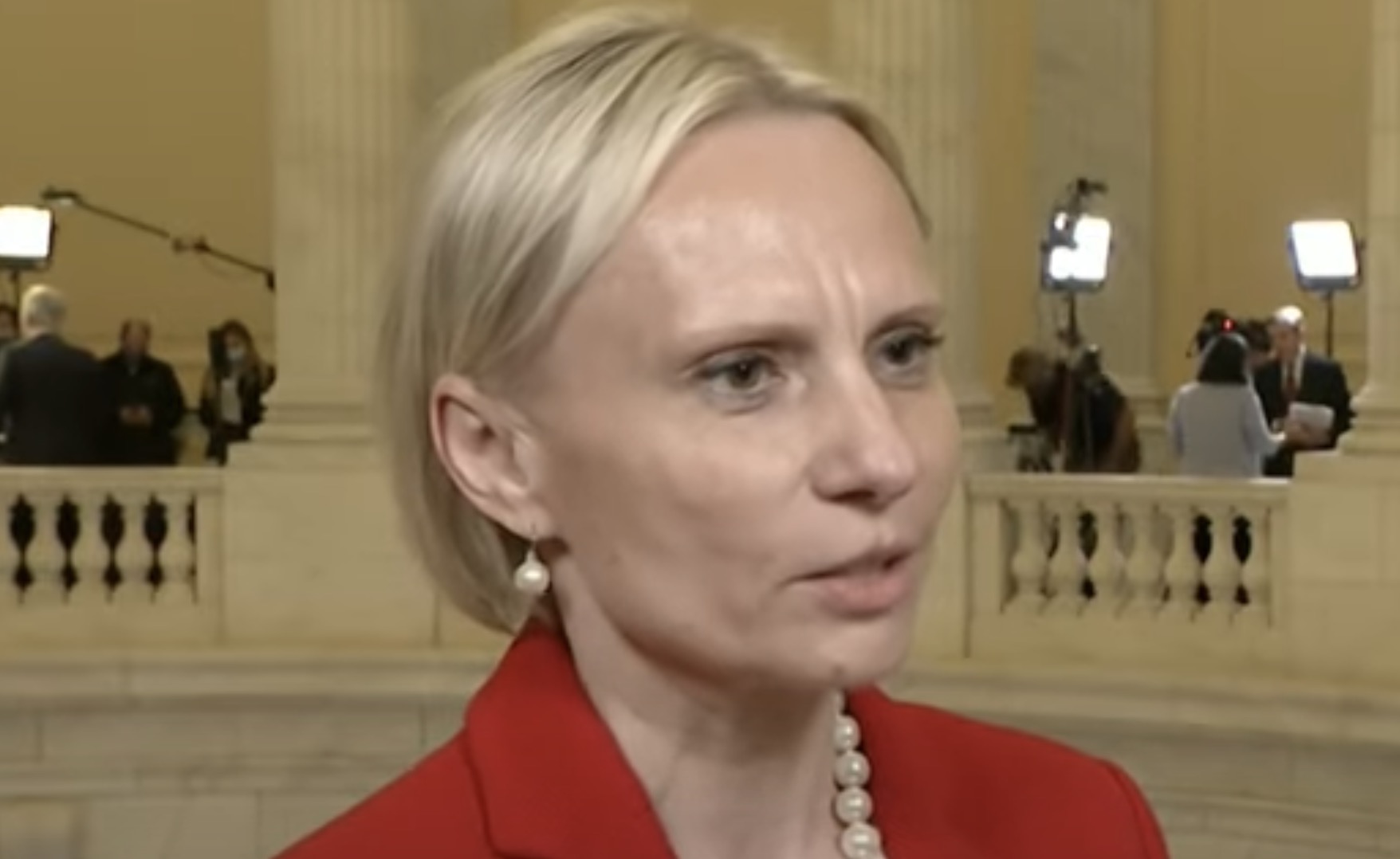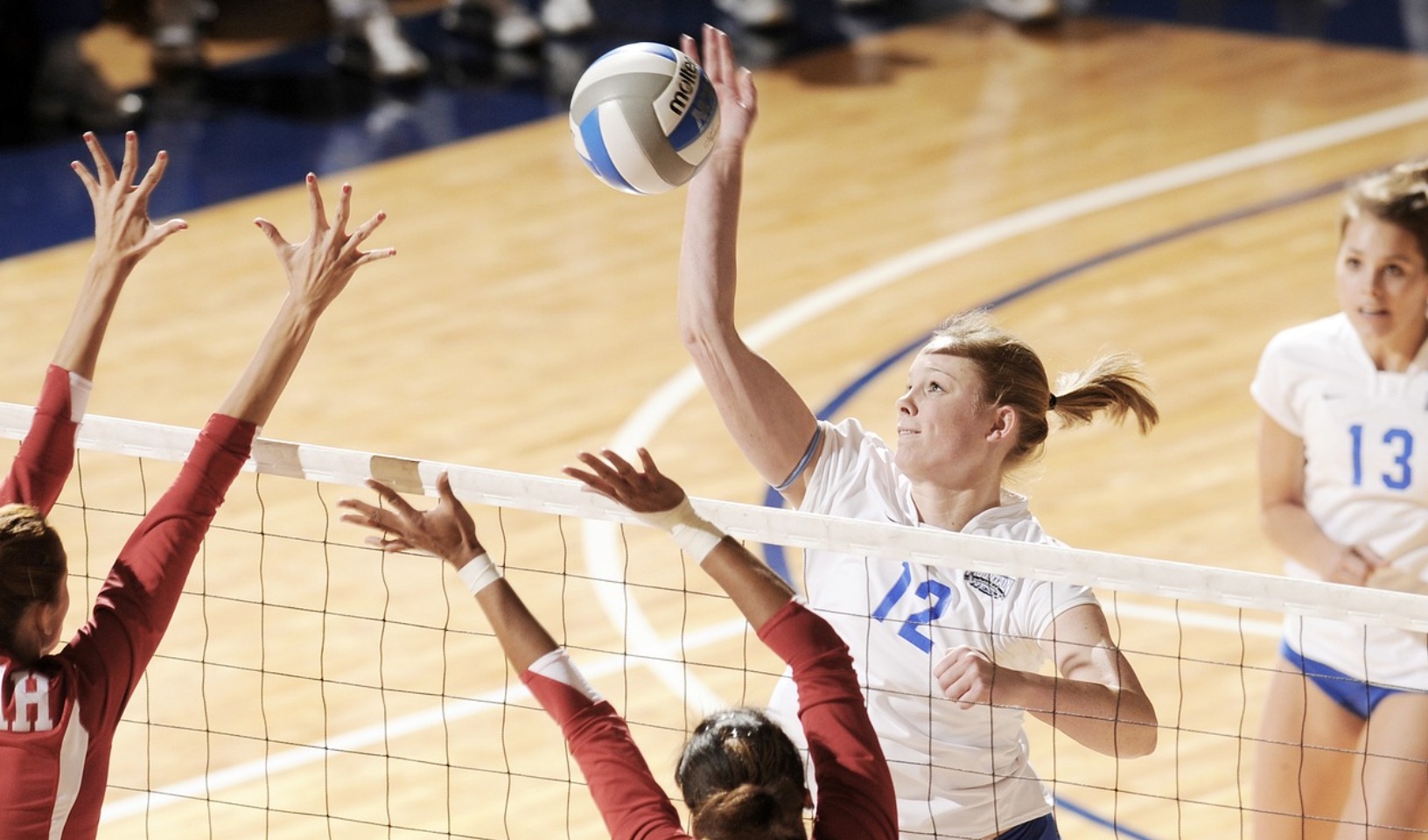Republican Rep. Victoria Spartz

via FOX59 News
At a House Judiciary Committee hearing on transgender athletes, Republican Rep. Victoria Spartz of Indiana showed video evidence of biological males hurting girls in sports contests to argue against allowing transgender women to compete against females.
Players injured

Forbes Breaking News
The videos depicted incidents in Massachusetts and North Carolina where transgender players injured girls during basketball, volleyball and lacrosse games.
Stronger guys

Forbes Breaking News
“I actually would like to play some video. … I want to see what it really can cause, how much harm, and we can show examples to [how] much stronger guys playing the sports against biologically not-as-strong women,” Spartz said.
Biologically strong

Forbes Breaking News
Spartz said the purpose was to show how much stronger biological males are and that most females are not as biologically strong.
Physical advantages

NBC News
She urged recognizing the physical advantages males have over females in sports and protecting girls, saying it is unacceptable that girls are getting hurt by biological males in sports.
Unfortunate

NBC News
“Most of us, as I said, are not biologically as strong, and it is unfortunate the other side tries to really deter the conversation in a different direction and divert it. … Let’s talk about how we are going to protect our women and girls,” she said.
Unbelievable

Forbes Breaking News
“Girls actually get hurt by males biological playing sports. I mean, it is really unbelievable for me that this is an issue that we cannot stand with women and girls on,” Spartz said.
Strength differences

Forbes Breaking News
Spartz maintained the conversation should not be diverted from acknowledging the strength differences between natural biological boys and women.
Be honest

Forbes Breaking News
“Let’s just be honest. Boys, you know, natural biological boys, have a different advantage against women playing sports. Let’s recognize and be honest about that and not divert [the] conversation,” she said.
Inclusive policies

pixabay
Various sports organizations and governing bodies have grappled with the challenge of developing inclusive policies while addressing fairness concerns.
Revised rules

pixabay
Many have revised their rules and regulations to accommodate transgender athletes, often with specific eligibility criteria related to hormone levels or undergoing gender transition procedures.
Enacting laws

pixabay
The debate has also extended into legal and legislative arenas, with some states and countries considering or enacting laws that restrict transgender individuals from competing in sports that align with their gender identity.
Controversy

pixabay
These measures have ignited further controversy and legal challenges, underscoring the complexity of balancing inclusion and fairness in athletic competition.
Transgender athletes

pixabay
The controversy surrounding transgender athletes underscores the necessity of informed and respectful dialogue. It is crucial for stakeholders to engage in constructive conversations that consider the diverse perspectives, experiences, and rights of all individuals involved.

